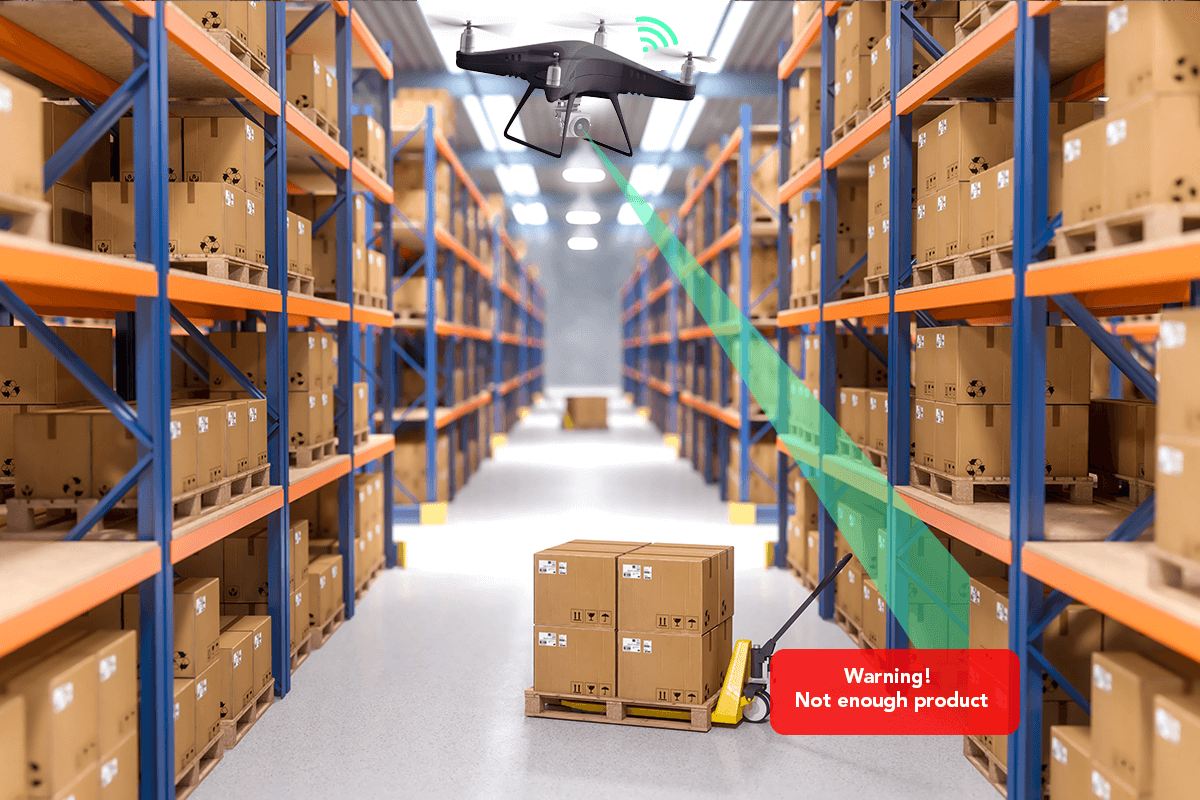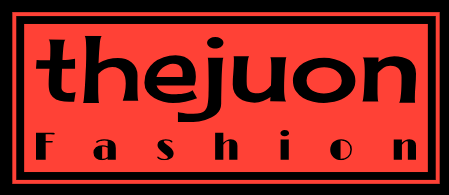Smarter Stock Management: A Foundation for Efficiency
Efficient stock management is the backbone of any successful business, regardless of size or industry. Knowing exactly what you have, where it is, and when it needs to be replenished is crucial for avoiding costly stockouts, minimizing waste from spoilage or obsolescence, and ultimately maximizing profitability. Manually tracking inventory is not only time-consuming and prone to error, but it also prevents businesses from gaining a clear, real-time picture of their inventory levels. This is where the integration of Internet of Things (IoT) technology becomes invaluable.
IoT Sensors: The Eyes and Ears of Your Warehouse
IoT sensors are revolutionizing stock management by providing constant, accurate data on inventory levels. These sensors, placed strategically throughout warehouses and storage facilities, can track everything from temperature and humidity (critical for perishable goods) to the precise location and quantity of items. Data is collected in real-time and transmitted wirelessly to a central system, eliminating the need for manual counts and reducing human error. This constant stream of data allows for proactive management, predicting potential shortages before they impact operations.

Real-Time Visibility and Data-Driven Decisions
The real power of IoT in stock management lies in its ability to provide real-time visibility into your inventory. This means you can access accurate data on your stock levels at any time, from anywhere. This data is not just for monitoring; it fuels data-driven decision-making. By analyzing this information, businesses can optimize their ordering processes, improve forecasting accuracy, and negotiate better terms with suppliers. The result? Reduced carrying costs, minimized waste, and increased efficiency across the entire supply chain.
Predictive Analytics: Anticipating Future Needs
Beyond real-time monitoring, IoT solutions often incorporate sophisticated predictive analytics. By analyzing historical data combined with real-time sensor readings, these systems can forecast future inventory needs with remarkable accuracy. This allows businesses to proactively adjust their ordering strategies, ensuring they have the right amount of stock on hand at the right time, without overstocking or facing critical shortages. This proactive approach is particularly beneficial in industries with fluctuating demand or seasonality.
Improved Supply Chain Collaboration: Enhanced Communication
IoT isn’t just about internal efficiency; it also improves collaboration across the entire supply chain. By sharing real-time data with suppliers and partners, businesses can create a more transparent and responsive supply chain. This enhanced communication allows for more efficient order fulfillment, better coordination of logistics, and faster response times to unexpected events. Improved collaboration leads to smoother operations and stronger relationships with key stakeholders.
Reduced Operational Costs and Increased Profitability
The benefits of Smarter Stock management using IoT extend beyond simply improving efficiency. By reducing stockouts, minimizing waste, and optimizing ordering processes, businesses can significantly lower their operational costs. This translates directly into increased profitability. The accurate data provided by IoT enables more strategic inventory control, reducing storage costs, minimizing the risk of obsolescence, and maximizing the return on investment in inventory. The overall effect is a leaner, more agile, and significantly more profitable operation.
Security and Data Integrity: Protecting Valuable Information
The implementation of IoT solutions requires a robust security framework to protect the valuable data being collected. Ensuring data integrity and security is paramount. This involves implementing secure protocols for data transmission, robust access controls, and regular security audits. Investing in a secure IoT system is crucial not only to protect sensitive business information but also to maintain the reliability and accuracy of the data that drives decision-making.
The Future of Smarter Stock: Continuous Innovation
The field of IoT is constantly evolving, and so too are the applications of this technology in stock management. We can expect to see even more sophisticated sensor technologies, more powerful analytics platforms, and greater integration with other business systems in the years to come. The future of Smarter Stock will involve even more automation, predictive capabilities, and seamless integration across the entire supply chain, further enhancing efficiency and profitability for businesses of all sizes. Please click here to learn about smart inventory management using IoT.
